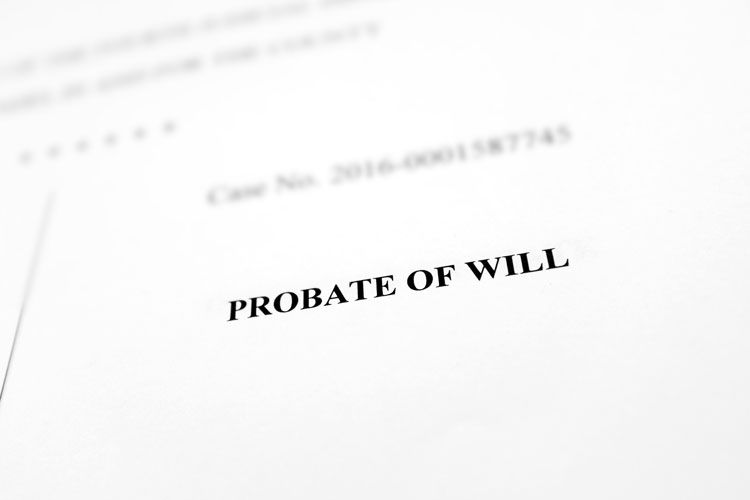What You Need To Know Before You Submit A Will To Probate Court
Before you can submit the will to Probate, you've got some work to do.

The first thing you must do is look over the Will and determine who the beneficiaries are, what assets the deceased owned (and the value of those assets), and what debts the deceased owed. You will also need to establish a bank account in the name of the estate to handle any money that continues to come into the estate (income, earnings, or savings) or any bills or dues that the estate will be paying.
Locate The Will
Many people keep their Will in file cabinets, safe deposit boxes, offices, or with an attorney. You need the official document to begin the Probate process.
Determine Beneficiaries Named In The Will
Put together a list of all the people named as beneficiaries. This list should be as complete as possible and include the following information about each beneficiary:
- Name
- Address
- Phone number
- Email address
- Date of birth
- Social Security Number
If you know that someone named as a beneficiary is dead, you should obtain an a certified copy of that person’s death certificate.
To order death certificates online, use our resource Guide: Ordering Certified Copies of a Death Certificate.
Take Inventory Of The Estate
Put together a list of everything that the person owned. This list should include things like:
Financial assets, such as:
- Trusts
- Checking and savings accounts
- Cash
- Stocks or brokerage accounts
- Savings bonds
- Life Insurance policies
- Retirement plans, including 401(k)s, IRAs, or 403(b)
- Benefits, including social security and veterans' benefits
Real property, such as:
- Real estate
- Cars and boats
- Jewelry, art, and other collectibles or valuables
For each piece of property that the deceased owned, include the following information:
- How is the property is titled (who legally owns the property)?
- What percentage of the property did the person own? Did the person who died own all of it, or was it jointly owned with someone else? If the person who died owned a percentage of the property, what was percentage?
- What is the fair market value of the property (what would someone pay to purchase the property)? For some property you can determine this value yourself, and for some you might want to have a professional assess the value.
- Does the property already have a beneficiary?
Make A List Of Debts
This list should include all the people, organizations, or companies that the person who died owed money to, such as:
- Credit cards
- Medical bills
- Student loans
- Car loans
- Mortgages
- Alimony
- Child support
- Payday loans
This information will all be necessary in order to Probate the Will. Once you've gathered this information, you or an attorney that you're working with can submit it to Probate.
Though there are some things that cannot be finalized until Probate is complete (such as paying final bills and taxes, and transferring or distributing assets to beneficiaries), there are some bills you want to pay before probate is complete. To learn about the bills you'll want to keep paying, see our article Paying Final Bills, Dues, and Estate Expenses.
- How To Express Sympathy: What To Say And What...We’ve compiled a list of things to say—and things to avoid saying—when...Read more
- A Quick Overview Of Proper Funeral EtiquetteFunerals are emotionally complex, and knowing how to act can present a...Read more
- The Five Stages Of GriefAfter experiencing a loss, it's common to go through a range of emotions...Read more
- Funeral Pre-Planning Cheat SheetPlan now, rest later.Read more



